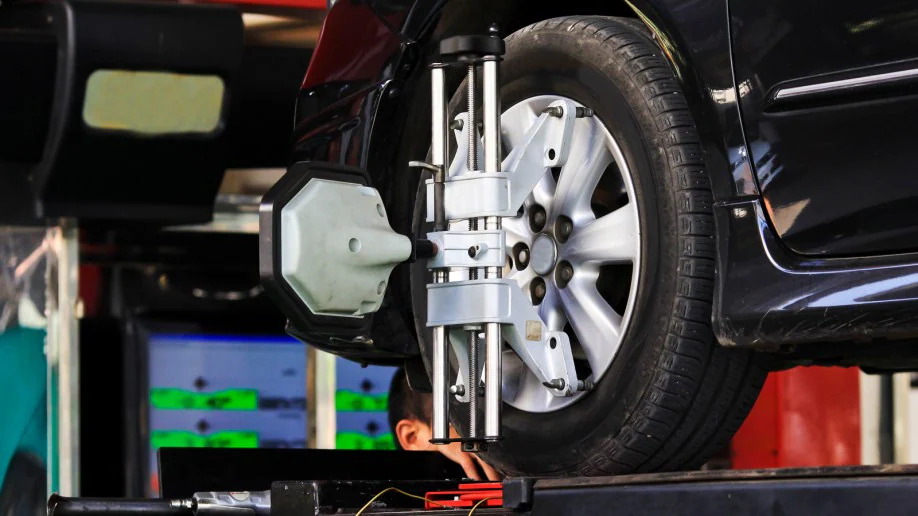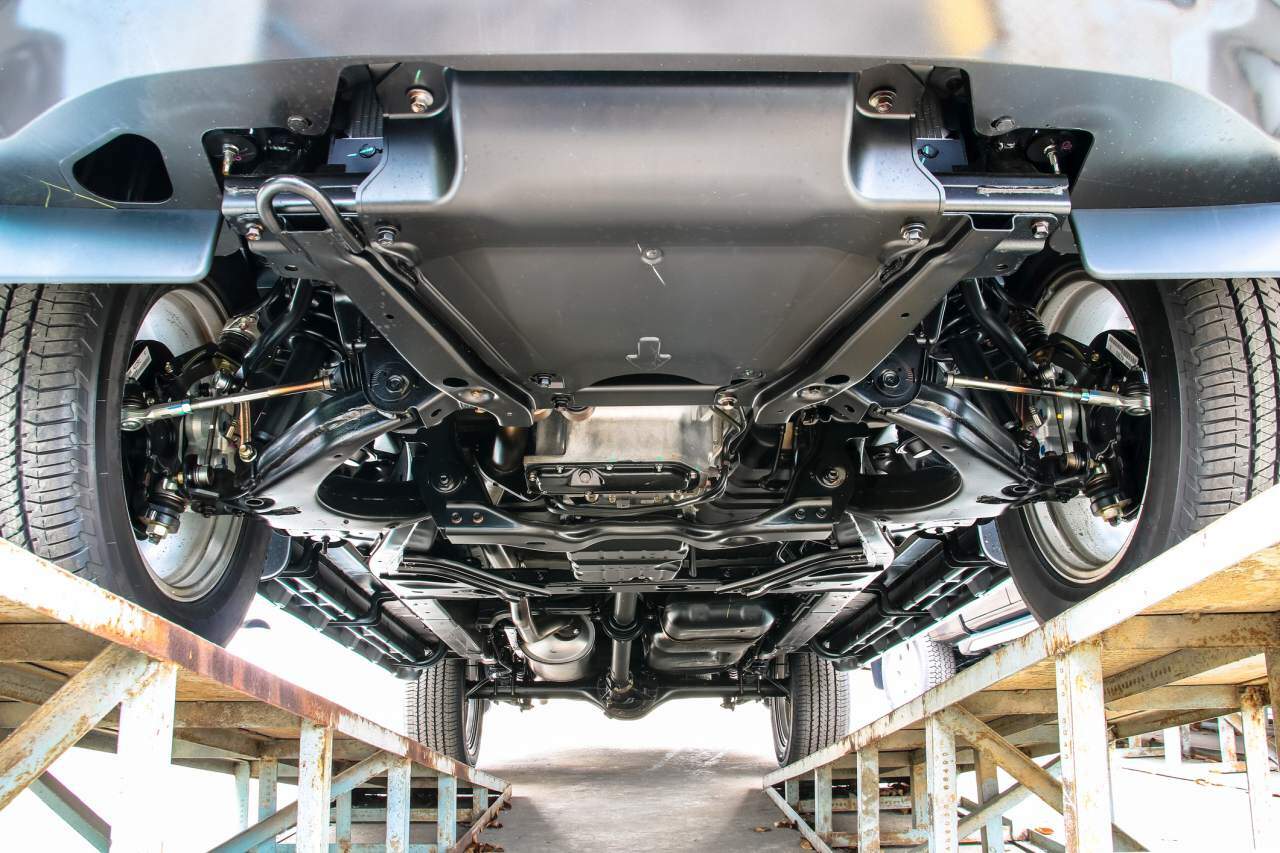
Trade a Gas Guzzler for One With Better Fuel Economy Will You Save More
Where Do You Start This Analysis?
Using the idea of "True Cost to Own," or TCO, seems to be the most beneficial and straightforward approach to comprehend, based on my extensive reading of online materials. For a specific car, this is the total cost of ownership and operation for a period of five years, taking into account depreciation, finance, insurance, taxes, fuel, upkeep, and repairs. We discovered a number of auto websites that assisted customers in comparing these expenses for various cars, situations, etc. by using this or comparable analysis methods. Edmunds, Consumer Reports, and Kelley Blue Book are some of these websites. Using these and other internet tools, you can describe your wants and circumstances and draw some insightful comparisons.
Let's first identify each of the variables that must be taken into account when determining the expense of owning a specific vehicle:
Depreciation – Depreciation is the decline in a car’s value over the course of its useful life. The standard rule of thumb for used cars is that they lose approximately 15 percent to 20 percent of their value each year. This is the largest ownership cost and according to Consumer Reports, a typical new vehicle depreciates about 65 percent over five years.
Fuel Costs – No need to stress the fact that these have become extremely significant and are probably the second largest cost for an average driver. Calculations will vary based on the annual mileage traveled, typical assumptions are 12 to 15 thousand miles per year.
Interest – Interest accounts for about 12 percent of five-year ownership costs. It is typically calculated based on a five-year loan, with a 15 percent down payment, because that is how many people buy cars.
Insurance: Insurance costs vary depending on many factors, including your age, location, and driving record. And they can dramatically boost the ownership costs of models that otherwise would seem affordable.
Maintenance – Maintenance and repair costs make up 4 percent of ownership costs over (the first) five years on average, according to data from Consumer Reports.
Sales Tax and other fees – Sales tax costs owners an average of 4.83 percent.
What is Next?
If you want to compare the cost to own any vehicle, the website tools we listed above are easy to use and you just have to input your specific information such as the zip code you drive/live in, and the statistics about your existing (or desired) vehicle. You will be provided a “TCO” figure, an estimate of all of the ownership and operation costs for five years. Additionally, a “cost to own” detail giving a breakdown of how the car’s expenses change over the five-year period. With these tools, you can compare similar vehicles or a new versus used vehicle. Surprisingly, you may find that the purchase cost of a particular car appears to be a bargain, while the ensuing costs make it prohibitive for your budget.
Edmunds also gives a nice comparison statistic in its “cost per mile” to drive value. For example, it may be common knowledge that a Honda Civic is a good value for the money. With TCO, you can confirm this: The cost per mile is about 28 cents (I presume this is for a newer model), one of the lowest of any vehicle.
Well, I’m still trying to decide whether it’s beneficial to replace my old truck. There is not a “canned” program out there that is going to clarify this for me easily. Seems maybe I’ll just have to do old fashioned math with my own assumptions to figure this out. I think I’ll use the Honda Civic as my proposed replacement/second car.
I’m going to have to use actual figures or manually calculate as the sites I’ve found don’t look back that far:
Depreciation: Not sure it’s worth much of anything now, but according to KBB used car tool it’s value is approximately $6500. So, 10 percent a year for the next 5 years averages out to about $600/year.
Fuel Costs: 15,000 miles per year at 12 mpg and gas I’m going to use $4/gallon (I’m not sure the websites have factored in recent jumps into their algorithms yet) thus $5000/year for fuel.
Interest: Zero, the car is paid off.
Insurance: Pretty low, older vehicle, good driving record, I’ll estimate an average of $600 a year based on what I now pay.
Maintenance: This is probably not going to be good. I could not find anyone giving estimates on a vehicle this old, so I’ll use my records from the last several years on this and say $1500/year.
Taxes and other fees: Vehicle license tax and emissions fees are approximately $75/year average for my older vehicle.
Conclusion
How did I come out? The estimated TCO for my paid off gas guzzler is $38,875 or 52 cents a mile. At the end of the 5 years, I don’t think there is any value left on the vehicle, either. Yikes, the Honda Civic estimate gave me 38 cents a mile and $28,182, a difference of close to 30 percent, not to mention it is still estimated to be worth about $5,000 after driving it 5 more years.
Now my analysis is unique, remember, I used a highly rated economy car to compare, and my truck gets the worst mileage possible I think. If you have an earlier model SUV particularly if you are in the first several years of the depreciation curve, the figures may look completely different. The purpose of the article is simply to point out the variables that you need to consider when evaluating your own specific situation, and to share links to sites that can provide easy calculating tools and information to help you. Good luck!
So what to do? I’ve some ideas. RENT a truck when you need it. Hey, how about a joint venture with multiple families where you cost-share in a truck? Maybe find a boyfriend/girlfriend who owns a truck? Might be tricky, but just some thoughts… Clearly, there needs to be some answers especially with single and 1-car families that must make a choice between economy and need.






comments 0